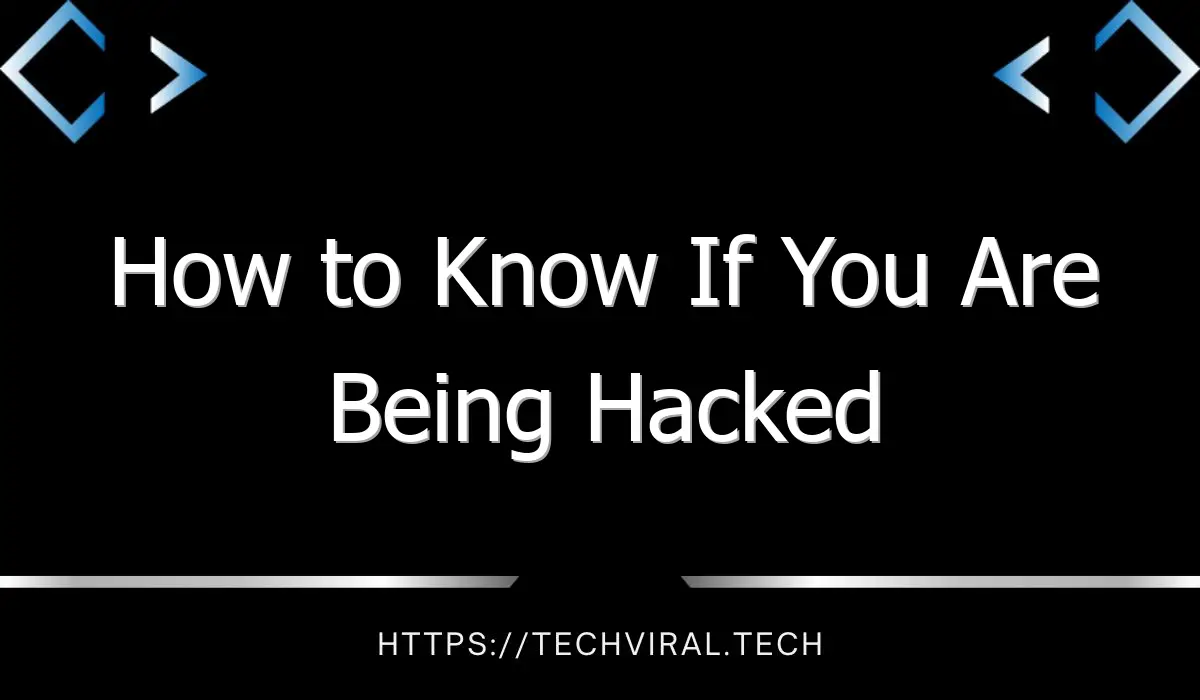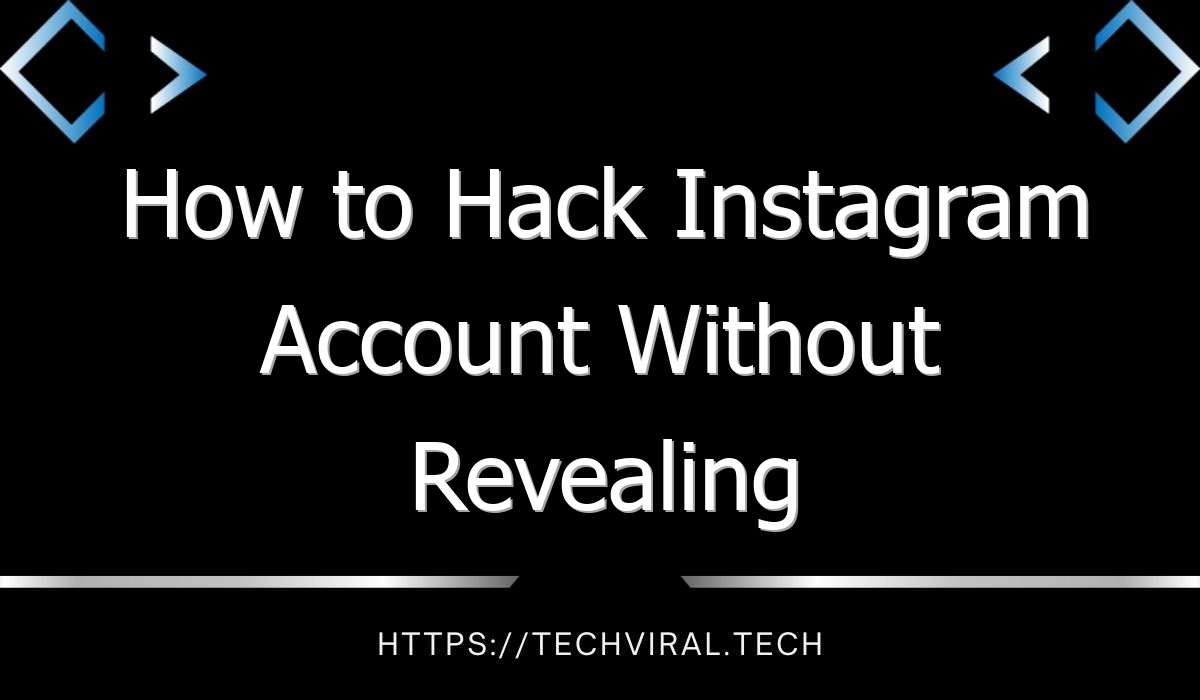How to Know If You Are Being Hacked
Are you wondering if you are being hacked? If you think you’re a victim, follow these tips. There are a lot of different indications of being hacked. Here are five common signs that you may be being attacked. Check your emails for strange messages, including emails that suddenly appear in your inbox or sent folder. You may also notice new programs loaded on your computer without your permission, including those you’ve never purchased or installed. You might also find that your passwords are no longer working or that someone has changed your account login details.
First, check your phone bill. If you see a high number, you may be getting hacked. Sometimes, malicious software will force your phone to contact a premium-rate number. The proceeds of these calls go directly to cybercriminals. Make sure you check your phone bill to see if the number is actually yours or not. You can also try resetting your computer to prevent any further intrusion.
If you notice suspicious messages on your social media accounts, you’re likely being hacked. These messages usually contain a URL. The attacker uses your account to send you malicious links, which will download malware or redirect you to malicious websites. You can detect these messages by clicking on the URLs in these messages. You should also try to contact the website owner if you’re concerned that you’re being targeted. If you do find malicious redirect codes on your computer, you’re probably being hacked.
If you’re worried about a hack, it’s important to get help as soon as possible. Hackers typically don’t notify their victims of the attack. Hackers usually install malware that hides inside your system. You should never rush to install this malware. If you do, it’s easier for hackers to get access to your information and try to steal your identity. You should also make sure that you secure your main email account and your recovery email. If you’re not sure about the details in your recovery email, consider hiring a third party to help you.
Hackers may use several methods to access your account. They may try changing your password and lock you out of your account. Read the privacy policies of websites that you use. Legitimate hackers would never ask for your password in an email. Alternatively, you may receive spam messages that seem to be from them. This could indicate that you’re being hacked. These tips should help you determine if you’re being hacked and how to stop it.
Social networking websites may be used to access your information. When you overshare on social networking sites, you can become a victim of a social engineering attack. In these cases, a hacker impersonates a friend or coworker in order to trick you into providing personal information or sending money. Grandparent hacks are particularly common – the hacker posts your information on a website or social media profile. Upon discovering these details, the hacker then contacts your older family member, claiming that your grandchild needs a wire transfer to help him or her with some financial problems.




